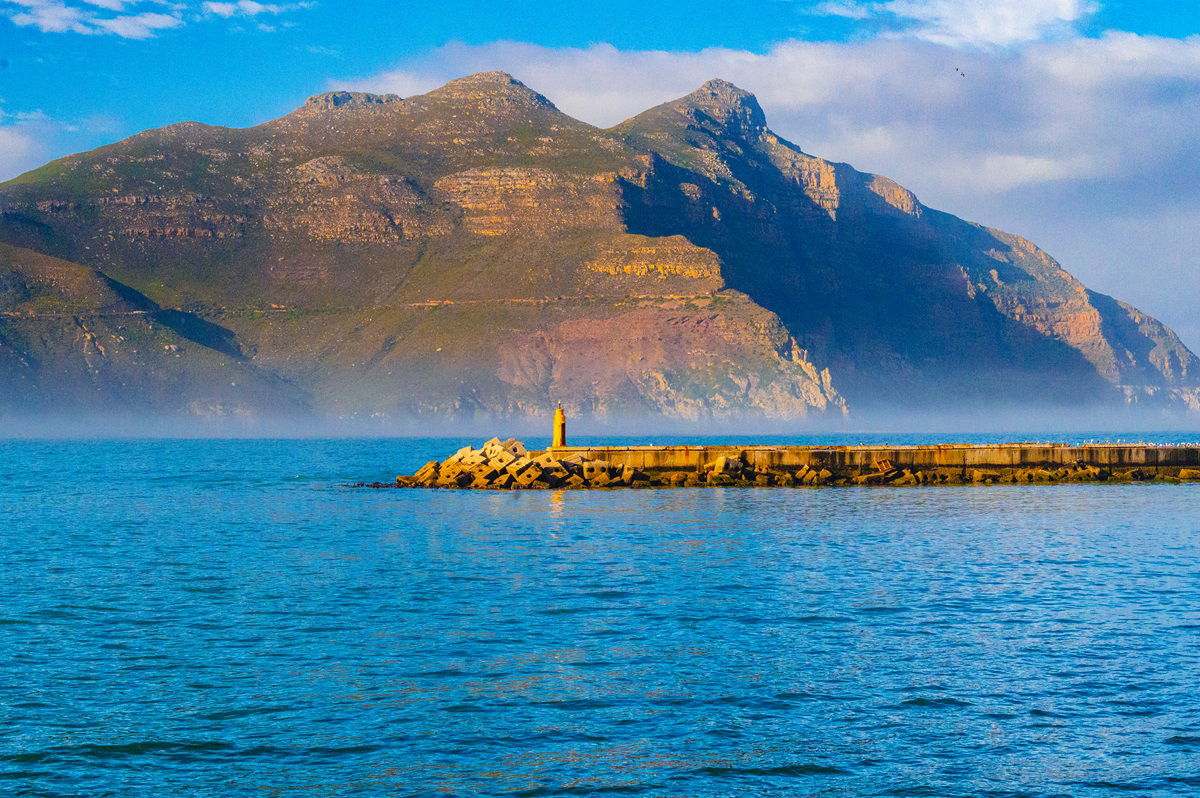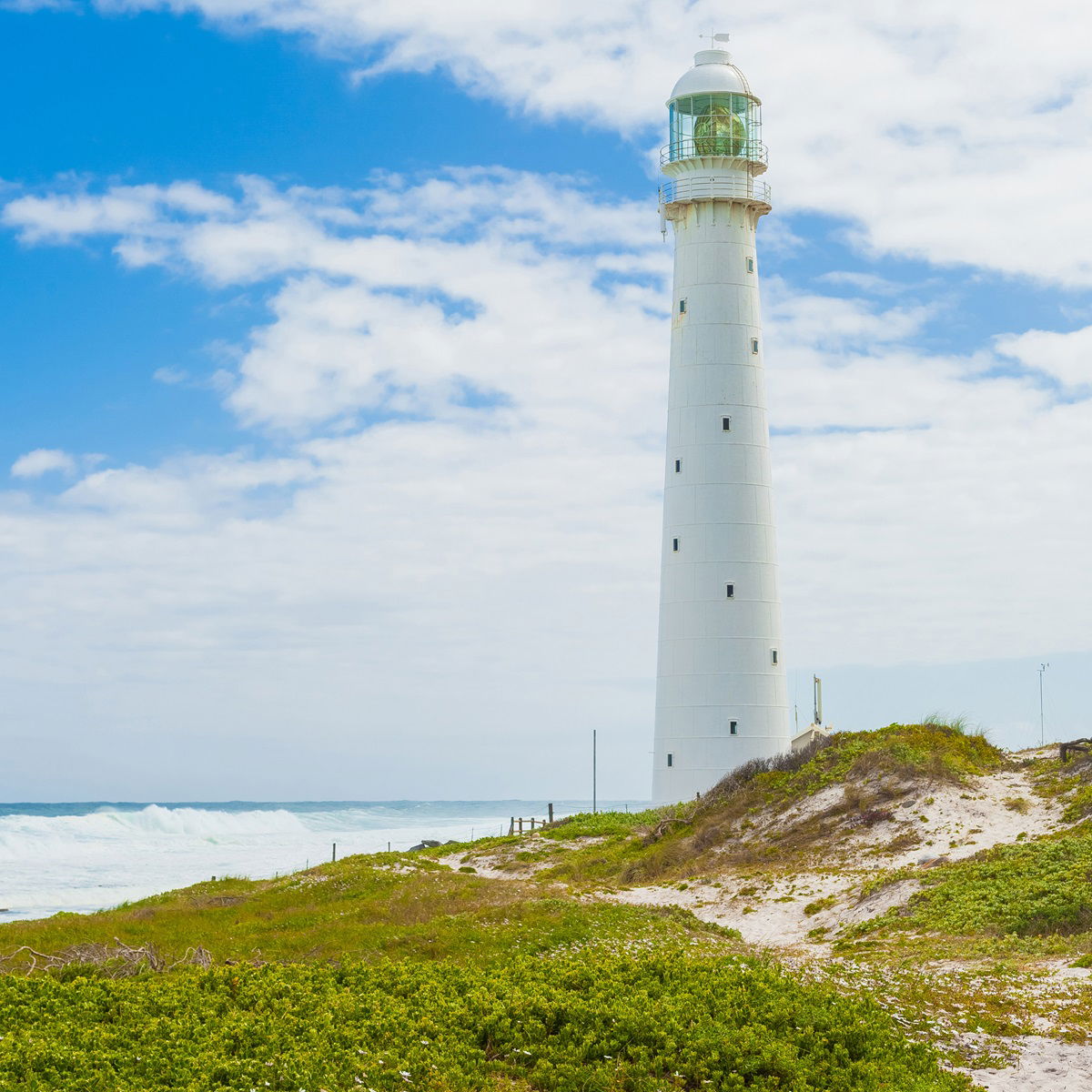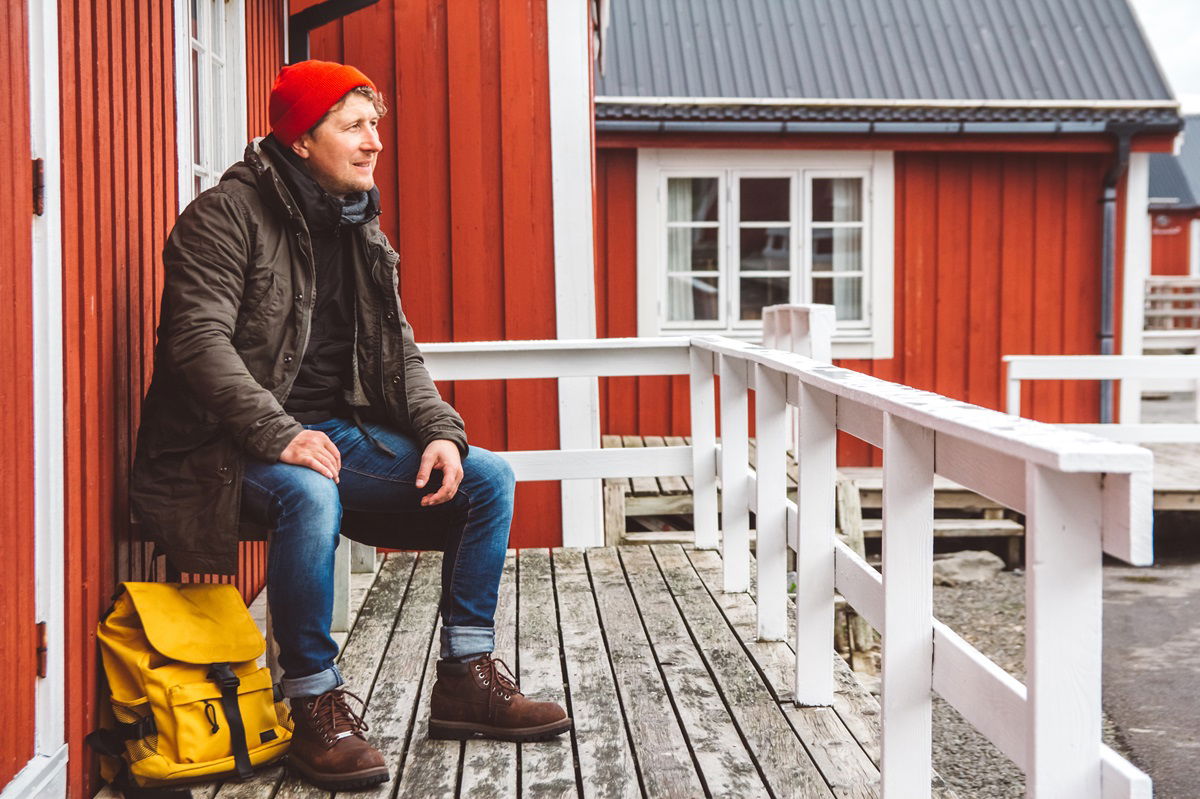
Emigrating to South Africa
South Africa is known for its stark contrasts, cultural diversity and impressive landscapes. But what would it look like to start a new life in South Africa? In this article, we walk you through the requirements, opportunities and challenges that come with emigrating to South Africa.
Why emigrate to South Africa?
South Africa boasts a unique blend of cultural diversity, breathtaking nature and a warm climate. This is what you can expect from moving to SA:
Cultural diversity
South Africa is famous for its rich cultural heritage and multicultural society made up of 60.41 million inhabitants. Its 11 official languages include English, Zulu, Afrikaans and Xhosa. South Africa’s diversity is reflected in all areas of life, from traditional festivities to contemporary art and music. If you are looking for intercultural exchange and a vibrant social life, South Africa is the place to be.
Unique landscapes
South Africa’s nature is as impressive as it is diverse. The majestic Drakensberg mountain range rewards hikers with spectacular views, while the vast Kalahari Desert fascinates those with a sense of adventure. You will also find dreamy beaches with ideal conditions for water sports like surfing and diving. South African national parks, such as the famous Kruger National Park, are home to the so-called Big Five (lion, elephant, black rhino, Cape buffalo, leopard). Picturesque wine regions like Stellenbosch are perfect for anyone looking for culinary and cultural experiences.
Climate and seasons
South Africa’s climate is pleasant almost all year round. Because of the country’s location in the southern hemisphere, the seasons are “reversed”: summers last from December to February and are usually warm and dry, while winters last from June to August and remain mild throughout. In regions like Cape Town or along the Garden Route, you may even experience a Mediterranean climate. Average temperatures range from 25 to 30 degrees Celsius (77 to 86 degrees Fahrenheit) in the summer and rarely go below 10 degrees Celsius (50 degrees Fahrenheit) in the winter.




Requirements for emigrating to South Africa
Have we piqued your interest in the so-called Rainbow Nation? These are the basic requirements you should know about when considering to emigrate to South Africa:
Language skills: Solid English skills are a must.
Visa: You will need a visa to live in South Africa. Please find out which visa suits your unique situation and which documents you need to enter the country.
Job: The easiest way to emigrate to SA is to have a permanent job offer in the country, which is why we recommend you apply for work well ahead of time.
Passport: Your passport must be valid for at least six months from the time you enter the country.
Required documents: Please remember to have any essential documents (such as your birth certificate or marriage licence) translated and certified as needed.
Certificate of good conduct/background check: You will need a clean police clearance certificate to apply for a visa.
Vaccinations: Please find out which vaccination requirements apply in South Africa.
Financial security: Plan for a financial buffer for the first few months of your stay.
Visas to emigrate to South Africa
South Africa has different visa types that allow you apply for a permanent residency permit in South Africa, depending on your situation and plans:
Permanent residence for special circumstances
This visa is for people who can make a valuable contribution to South Africa, including:
- Permanent employment: Anyone with a permanent job offer in SA.
- Exceptional skills: Experts with sought-after skills or special qualifications that can benefit the country. Have a look at this list for details.
- Investments: Investors looking to set up a business in South Africa or invest in an existing one, with a minimum contribution of five million ZAR (= South African Rand; EUR 258,835.00).
- Pensions: People whose monthly income exceeds ZAR 37,000 (EUR 1,915.38), for example through pensions or investments.
- High net assets: Foreigners with assets worth at least ZAR 12 million (EUR 621,204.00) and willing to pay a fee of ZAR 120,000 (EUR 6,212.04).
Permanent residence through a direct connection
This visa is for people with existing ties to South Africa, for example through:
- Work experience: Work visa holders who have been employed in South Africa for more than five years with proof of permanent employment.
- Life partners: People married to or in a long-term relationship with a South African citizen or a permanent residence permit holder. Requirements: The relationship must have existed for at least five years and not be opportunistic (i.e. for a visa).
- Children: Underage children of a South African citizen or a permanent residence permit holder.
- Family reunification: First-degree relatives of a South African citizen or a permanent residence permit holder.
Living in South Africa
Life in SA offers a notorious combination of opportunities and challenges. With its vibrant cities, multicultural society and impressive sceneries, South Africa has an undeniable appeal. Here are some key factors to keep in mind if you are considering moving to SA:
Cost of living
By international standards, the cost of living in South Africa is considered moderate, especially when it comes to rent and food. However, prices can vary quite a bit by region. Cape Town and Johannesburg have a higher cost of living than smaller cities or rural areas. You can generally enjoy a high quality of life in SA, even on a set budget.
Healthcare system
South Africa’s healthcare system is split up into private and public. Private healthcare offers modern medical facilities and high treatment quality, while public healthcare is often under severe pressure to meet patients’ demands. It is quite common to opt for private health insurance if your means allow for it, especially for families and people with specific health requirements.
Safety
Safety is a hot topic in South Africa. Certain regions have high crime rates, so you should carefully consider your future place of residence beforehand. Many people prefer to live in gated communities, i.e. residential complexes with high security measures. It is also important to take appropriate safety measures in everyday life, for example by avoiding certain areas or becoming more attentive.
Infrastructure
SA’s urban areas are well developed. Most cities have a modern road network, an international airport and large shopping centres. Rural areas, on the other hand, often struggle with poorly developed infrastructure, such as an insufficient energy supply or internet access. Power outages (“load-shedding”) are also quite common.
Working in South Africa
SA is one the strongest economies in Africa, offering skilled workers in select sectors great career opportunities. IT, renewable energies, tourism and agriculture are in high demand, especially in major cities like Johannesburg, Cape Town, and Durban.
South Africa’s work culture is a reflection of the country’s diversity: western working styles dominate in international companies, while smaller, locally managed businesses tend to stick to regional traditions. The average workweek spans 40 to 45 hours, and employees get 15 statutory paid days off per year.
Full-time positions are standard, especially in larger companies. Part-time jobs are usually only found in the service or retail sector. Flexible working models, such as working from home, hybrid work or flexitime, are even rarer than in Europe, but they are becoming more popular in international companies.
South Africa holds good opportunities for well-qualified specialists. But at the same time, SA has a relatively high unemployment rate. To get a work permit, immigrants usually have to prove that their skills cannot be replaced by local labour.
Population: 60.41 million
Size: 1.22 million square kilometres
Capitals: Cape Town, Pretoria, Bloemfontein
Largest city: Johannesburg
Provinces: Western Cape (Cape Town), Northern Cape (Kimberley), Eastern Cape (Bhisho), KwaZulu-Natal (Pietermaritzburg), Free State (Bloemfontein), North West (Mahikeng), Gauteng (Johannesburg), Mpumalanga (Mbombela), Limpopo (Polokwane)
Units of measurement: metric system (kilometres, metres, centimetres, etc.)
Official languages: Zulu, Xhosa, Afrikaans, English, (Northern) Ndebele, North Sotho (Sepedi), Sotho (Sesotho), Swazi (Siswati), Tsonga, Tswana and Venda
Road traffic: Left-hand traffic
German Embassy: Pretoria
Climate: dry to Mediterranean
FAQs: Emigrating to South Africa
South Africa is a fascinating country with a unique combination of cultural diversity, breathtaking landscapes and promising career opportunities, particularly in sectors such as tourism and renewable energies. The country’s sunny weather and relatively low cost of living attract many emigrants. At the same time, you should check the safety and security situation in your desired place of residence as well as the possibility of private healthcare coverage.
Many Germans are drawn to South Africa because of its high quality of life, pleasant climate and breathtaking nature. SA also offers economic opportunities, especially in sectors such as tourism, renewable energies and agriculture. German communities have settled in South Africa since the 19th century. This includes the KwaZulu-Natal region where German traditions are still upheld today, offering new immigrants a sense of belonging.
No, South Africa was never a German colony. The country was ruled by the Netherlands in colonial times and later by the British. However, German immigrants settled in South Africa during the 19th century, particularly in regions such as KwaZulu-Natal, where they established their own communities. Germany had colonies in other parts of Africa, such as Namibia and Cameroon.
The exact figure varies from year to year and depends on political, economic and personal factors. Some South Africans return from abroad because of family ties, business opportunities or feelings of homesickness. Many returnees had lived in countries like the UK, Australia or Germany before deciding to come back to South Africa.
Yes, real estate in South Africa is in high demand, especially in big cities like Cape Town, Johannesburg, and Durban, but also in popular holiday destinations, such as the Garden Route. South Africa’s mild climate and relatively low property prices make it attractive to foreign buyers and investors. At the same time, there is a high demand for gated communities (i.e. secure residential complexes), as they typically feature higher safety measures.





